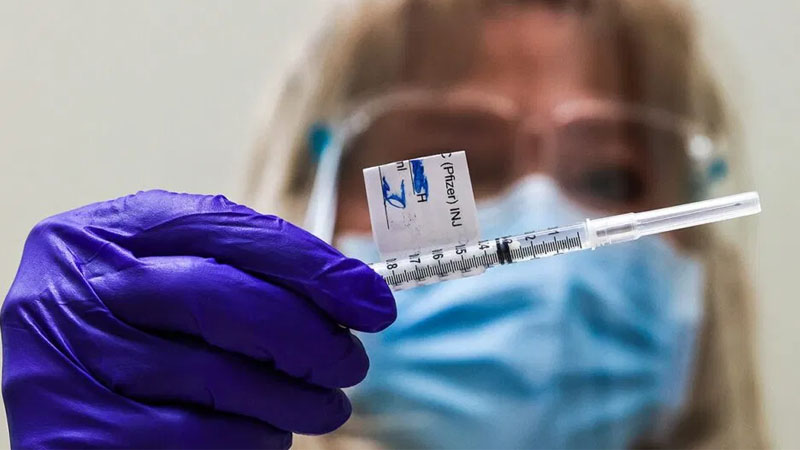
COVID-19 vaccine protection is lower and slower in people with this health problem
Share0In a new study from the University of Miami, researchers found for the first time that people with liver disease who receive mRNA COVID-19 vaccination gain important protection against more serious outcomes like hospitalization and death.
At the same time, however, the vaccines offer less protection against SARS-CoV-2 infection and take longer to take effect in the patients.
The researchers found that in people with cirrhosis, being vaccinated is linked to a 65% efficacy after one dose and about 78% efficacy at reducing COVID infection after the second dose.
Cirrhosis is a late stage of scarring (fibrosis) of the liver caused by many forms of liver diseases and conditions.
Before this research, how much protection the vaccines offered people with cirrhosis was unknown. Clinical trials of the vaccines excluded most people with cirrhosis and other chronic conditions.
In the study, the researchers compared 20,037 people with cirrhosis nationwide who received at least one dose of either the Pfizer or Moderna mRNA vaccine at the Veterans Health Administration.
They compared infections and outcomes in this group to another 20,037 matched patients with cirrhosis and similar COVID-19 risks who were not vaccinated.
Vaccines were administered between December 18, 2020, and March 17, 2021.
There was no difference between the vaccinated and unvaccinated groups in the first 28 days after the first dose.
The team found vaccination was linked to a 100% reduction in COVID-19 hospitalization and death after 28 days. No one died from COVID-19 in the vaccinated group compared to two deaths in the unvaccinated group.
They also found a trend toward lower vaccine protection in people with decompensated cirrhosis—defined as people who experience symptoms from their liver not functioning properly—compared to those with compensated cirrhosis with good liver function.
The researchers say that cirrhosis immune dysregulation may alter vaccine response.
Protection against infection is probably lower than in a healthy population. Patients with cirrhosis who are vaccinated might still get the infection, but they are unlikely to die or get hospitalized with COVID-19.
If you care about COVID vaccines, please read studies about COVID vaccines: Does it matter which one you get? and findings of sleep can maximize vaccine effectiveness.
